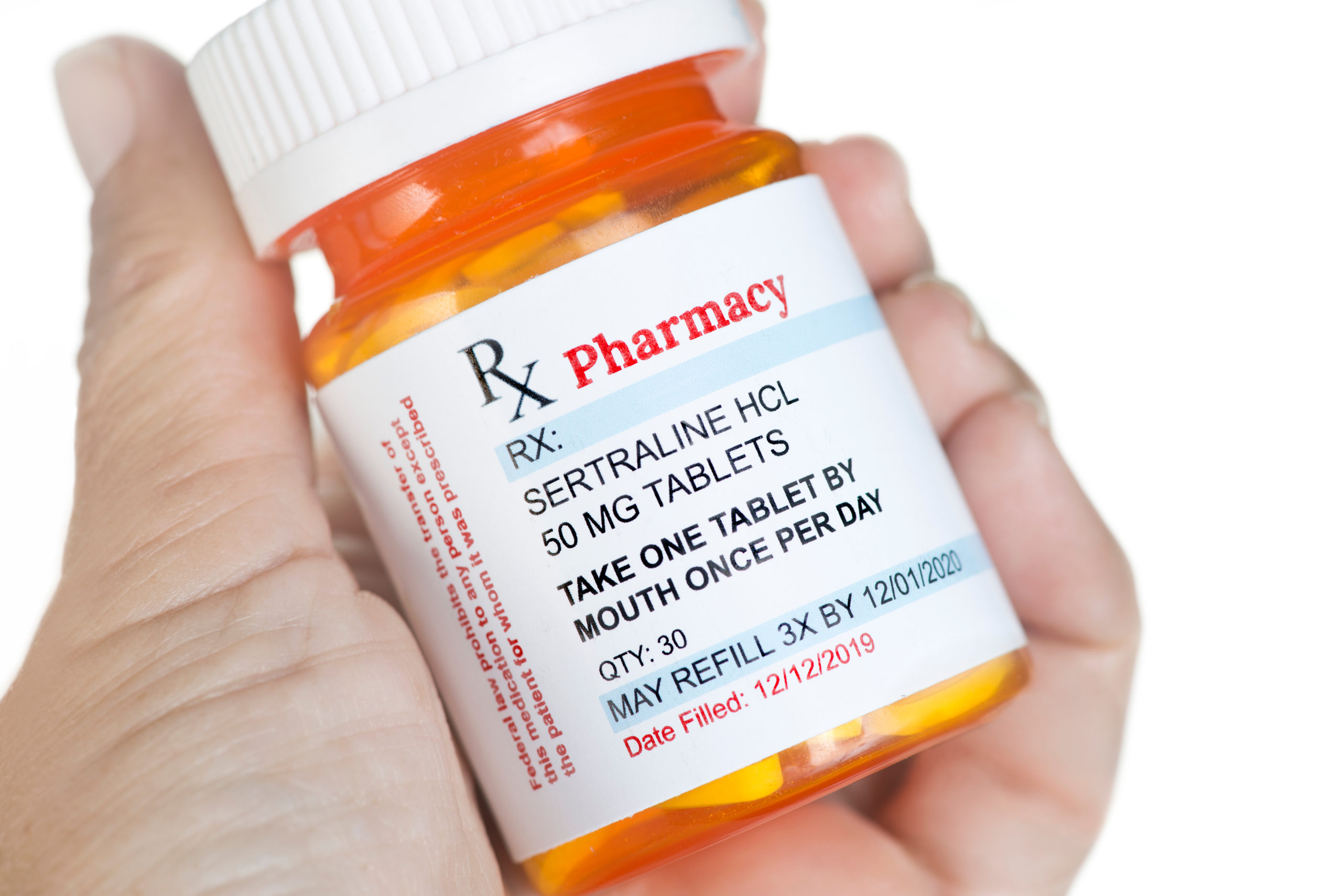latest
Cost of treating mental illness skyrocketed during Covid pandemic
Four million more prescriptions for antidepressants were issued between January and December 2020 than in the same period in 2019
“The mental health impact of the pandemic has been huge and the increase only continued once I moved into primary care around six months ago. I must be reviewing at least 10 antidepressant prescriptions a day – that’s half the patients in my case load.” Melissa Dadgar, senior clinical pharmacist at primary care network
There was a dramatic increase in the amount spent on prescriptions for mental health conditions after the Covid pandemic started, HSJ has reported.
The State of the Nation data report from Wilmington, which owns HSJ, showed an increase of just over 10% in 2020-21 on prescribing costs for conditions affecting the central nervous system. The report, based on an analysis of data from the NHS Business Service Authority, found that, despite a reduction in costs in previous years, spending on medicines for anxiety, psychosis and depression increased once the pandemic began.
NHS figures for primary care prescribing in 2020-21 found more than 300% growth in spend on sertraline, an SSRI drug used to treat depression, anxiety and obsessive compulsive disorder. Spend grew from £38.4m in 2019-20 to £155.8m in 2020-21.
Clair Huckerby, a consultant pharmacist for a GP partnership of nine primary care networks across Birmingham and Shropshire, told HSJ that during her own consultations and medication reviews, many patients chose not to come off anxiety or depression medications while others started the medication for the first time: “There were recognised issues regarding lack of access to specialist services during lockdown, including access to face-to-face help, and that in itself will increase the likelihood of prescribing as an intervention.”
She also noted, however, that there had been supply problems with the availability of certain strengths of sertraline, particularly 100mg, leading to an increase in prescriptions of multiples of 50mg and 25mg: “This might account for increases in quantities of antidepressants prescribed, when actually the dose might be the same.”
Half of patients request antidepressants or other mental health medication
According to research published in DARU Journal of Pharmaceutical Sciences, there was a steep increase in the cost of common antidepressants such as sertraline during the first Covid lockdown in 2020.
Four million more prescriptions for antidepressants (78m) were issued between January and December 2020 than the same period in 2019, but they cost the NHS £139m more. Sertraline, which saw 1.79m more prescriptions, accounted for £113m of that figure.
The cost increase for sertraline, in the DARU study, was largely attributed to price rises associated with the active pharmaceutical ingredient during the early stages of the pandemic.
Melissa Dadgar, senior clinical pharmacist at a primary care network in central London, told HSJ that she had seen an increase in anti-depressant prescribing since the start of the pandemic. In the earlier lockdowns she worked in a community pharmacy where “it felt like almost every prescription we were dispensing was an antidepressant of some sort.” Now at least half the patients in a typical daily case load will request antidepressants or other medications for mental health conditions, she added.
“The mental health impact of the pandemic has been huge and the increase only continued once I moved into primary care around six months ago, Dadgar said. “I must be reviewing at least 10 antidepressant prescriptions a day – that’s half the patients in my case load.”
An NHS spokeswoman told HSJ that the huge disruption caused by the pandemic had had an impact on the nation’s mental health, and that demand for NHS mental health services had rocketed. That included a 17% increase in the number of children given support compared to pre-pandemic.
FCC Insight
The sharp increase in the number of people seeking help for mental health conditions since the start of the pandemic is shocking. For some of these patients, antidepressants will help, but others could benefit from tried-and-tested talking therapies such as CBT. Unfortunately, over-stretched primary care practitioners lack the resource to offer mental health patients the time to discuss their problems in more depth, while waiting lists for talking therapy are long. As well as greater investment in NHS mental health services, we need to think about why so many people are now reporting psychological distress and whether there are new ways we can treat it.
There are many new approaches to mental health emerging beyond medication and established care pathways. The introduction of mobile apps, wearables and technology solutions can improve access to treatment and provide a greater range of options. This is however an emerging group of solutions and the assessment of such tools is not well established. Individuals often need to decide for themselves which solutions are best, established guidance is rapidly needed to support clinical or care practitioners to make appropriate decisions and recommendations here.
